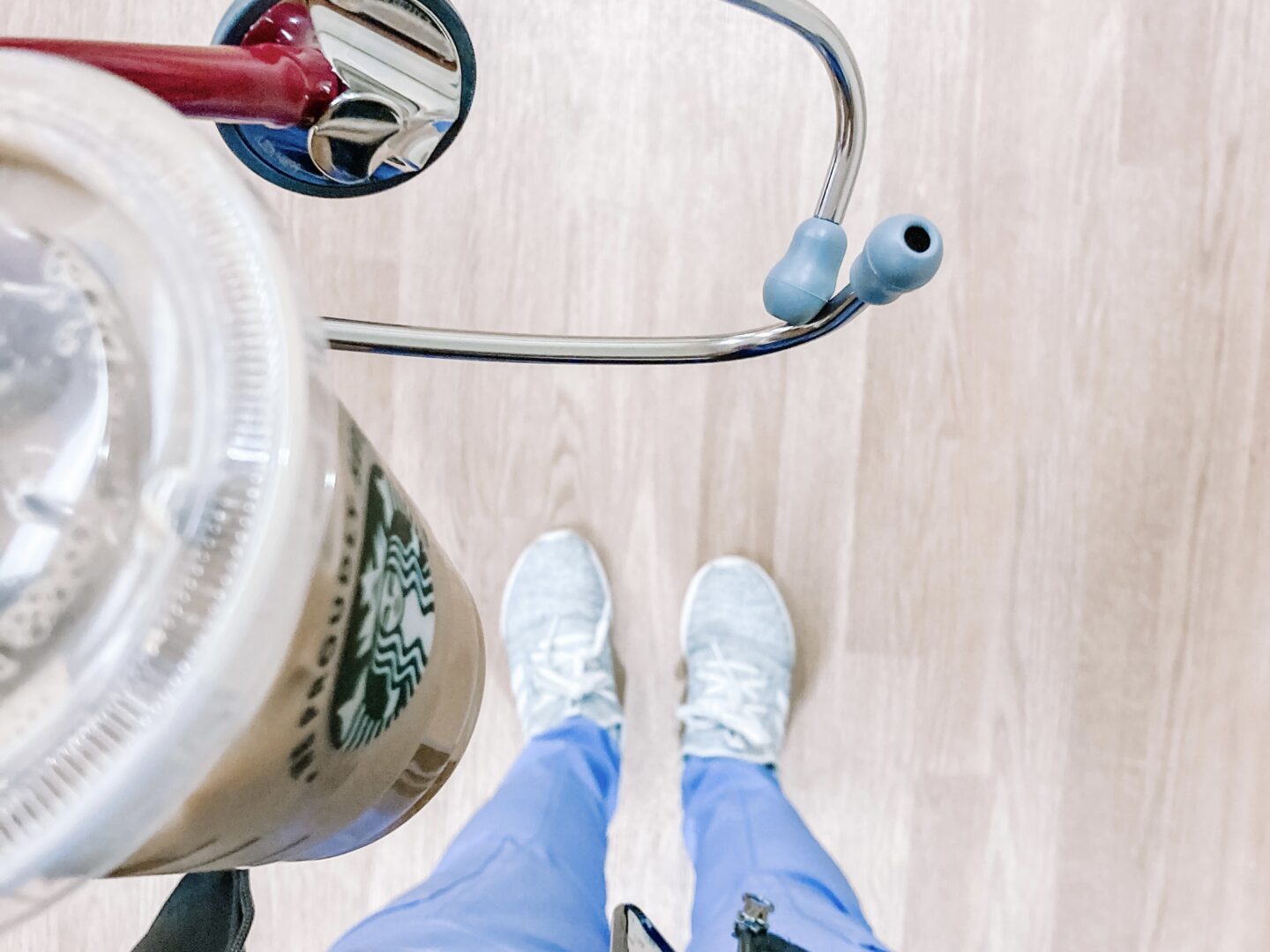
This was my 2nd rotation after ambulatory! Whether or not you are interested in neurology as a specialty, the brain is a fascinating organ and arguably the most important! It is essentially what makes us who we are. Here were some of my takeaways from the rotation as well as an overview of my schedule & daily duties.
Schedule
- Our rotation was extremely short due to COVID at 3 weeks.
- We had didactics throughout the week as well, so total I’d say we only had about 10 full days which is unfortunate.
- Hours on inpatient service: 6:30am to 5:30pm Monday to Friday (no weekends)
- 6:30am to 8:30am: pre-round, write notes
- 8:30am to 11am: rounds
- 11am to 12:30pm: lunch
- 1:30pm to 4:30pm: study, track labs/imaging
- Hours on outpatient clinic: 8:00am to 5:00pm Monday to Friday (no weekends)
- Basically see patients all day with study time in between and 1 hour lunch break
Daily Duties
- Inpatient
- Pre-round on 1-2 patients with intern/resident
- Rounds with attending and the team, present patients
- Write notes
- Outpatient
- Take history and examine patients, present to attending, then see patient together
- Write notes
Reflections
What I Liked
- The content of the field! Strokes, multiple sclerosis, the pathology you see is just fascinating!
- Performing neuro exams is so fun and satisfying! Many students come out of the rotation comfortable with a neuro exam.
- Variety of inpatient and outpatient
- My outpatient service was at the General Neurology Resident Clinic where we saw a variety of disorders such as movement disorders, migraines, headaches, etc.
- On the inpatient service, I saw mostly strokes.
- I liked Inpatient much more than the outpatient service, to my surprise!
- Exposure to hospice and/or palliative care
- I didn’t realize how important palliative care is and how often the neurology team consults them, but it makes sense given that often times there isn’t much that can be done for the patient (e.g. hemorrhagic stroke).
What I Disliked
- Limited treatment, especially for inpatient neurology. Many patients present with acute processes that cannot be “cured” or treated, requiring emergency interventions that may or may not help. Neurological damage is irreversible, which means there isn’t a whole lot that can be done for the patient. Prognosis is poor. This can be difficult to accept for some students as we naturally want to be able to do something for the patient.
General Takeaways
- Outpatient was low stress however I was at a resident clinic, which means it was hard to form relationships with any resident since every day it was a different resident.
- Not a procedure heavy specialty, although I only saw lumbar punctures!
- A good amount of medicine, which I liked!
- Many medical schools don’t offer neurology as a rotation so I felt lucky that I was able to experience this!
- If I had more exposure to this field earlier, I may have even considered it!
- But something that will always bother me are the limited treatment options for neurology, although granted this may not be the case for outpatient neurology!
Let me know if you have any questions!
With lobe,
Kelly
